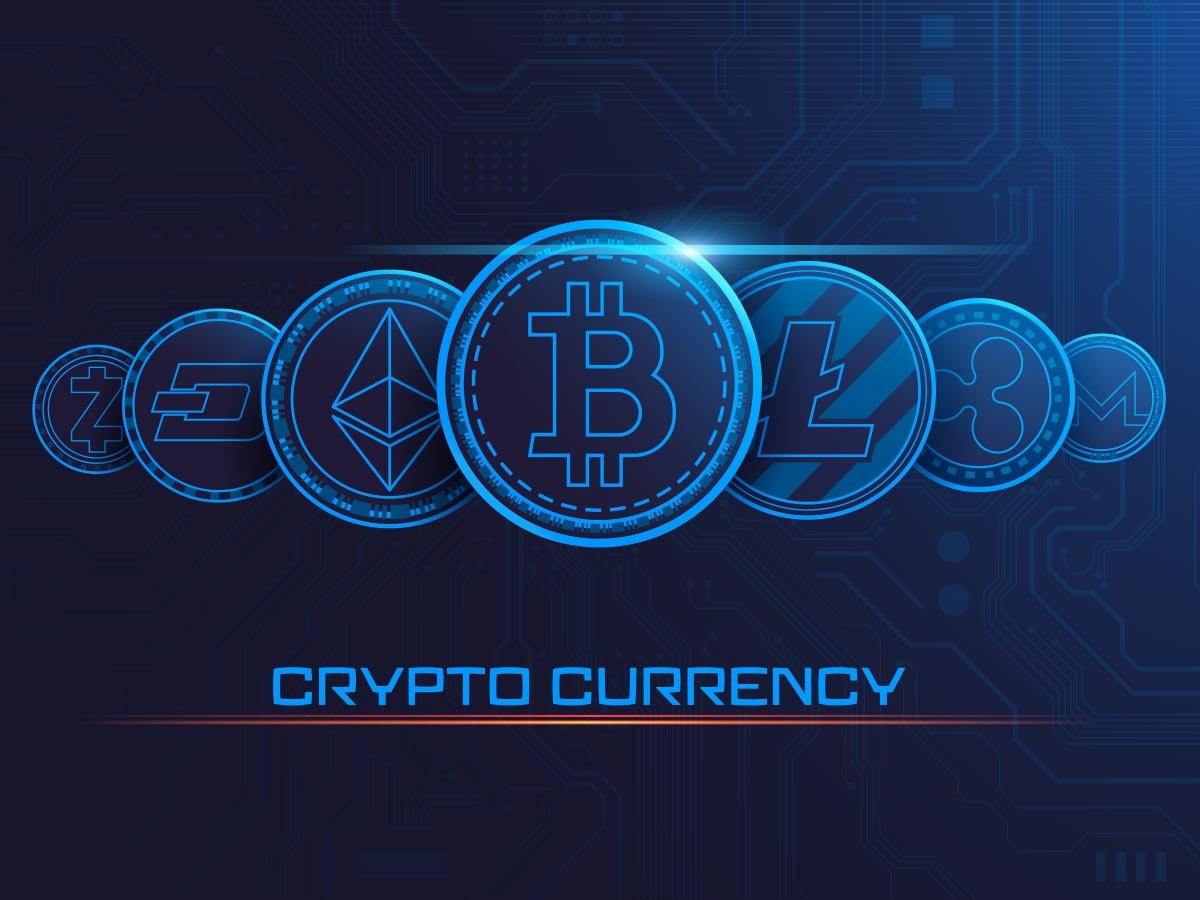In a move that’s stirring up both controversy and curiosity, the Trump family is expanding its footprint in the crypto industry—a development that has ignited fierce criticism over the ongoing deregulation of digital currencies. With the regulatory landscape in flux, experts and investors are left asking: Is deregulation good or bad for crypto, and what does it mean for those putting their money into the market?
A Bold Expansion Amid Deregulation Trends
Recent reports reveal that members of the Trump family are increasingly investing in and promoting blockchain ventures, entering a space that until now has often been portrayed as the wild frontier of finance.
Proponents argue that this move aligns with a broader push for deregulation, aiming to create an environment where innovation can flourish without the heavy hand of government oversight. Deregulation, in this context, means rolling back stringent rules and streamlining the compliance process for cryptocurrency firms.
Supporters of deregulation contend that reduced regulatory constraints can spur growth, attract new investments, and give entrepreneurs the freedom to experiment with novel financial technologies.
In a market already driven by rapid technological advancements and bold ideas, lowering barriers to entry is seen as a catalyst for innovation and increased competition. For the Trump family, whose brand has long been intertwined with bold business ventures, this move symbolizes a confident bet on the future of digital currencies.
Critics Raise Alarms Over Investor Protection
However, not everyone is singing the praises of deregulation. Critics are voicing deep concerns that a lighter regulatory framework could lead to volatility and potential scams within the crypto market. They argue that rigorous oversight is essential for investor protection, particularly in an arena notorious for its rapid price swings, complex financial products, and a history of high-profile fraud cases.
Industry experts warn that without sufficient checks, investors—especially those new to the crypto space—could find themselves exposed to undue risk. The debate isn’t just about market growth; it’s about whether deregulation erodes the safeguards that protect everyday investors from speculative bubbles and financial fraud. With the Trump family’s high-profile involvement now in the mix, some fear that political and business interests might overshadow the need for robust regulatory standards.
The Economic Implications for Crypto Investors
For crypto investors, deregulation carries a mixed bag of potential benefits and serious risks. On the upside, a deregulated market could lead to lower costs of entry, higher liquidity, and the potential for rapid appreciation in the value of promising projects. The promise of a free-market-driven environment may also attract more sophisticated investors looking to capitalize on emerging trends, thereby driving overall market growth.
On the downside, the absence of stringent oversight could lead to market manipulation, increased fraud, and a lack of recourse in the event of financial misconduct. Investors who thrive on predictability and security may find a deregulated market too unpredictable, with the potential for sudden downturns that could wipe out significant portions of their portfolios. In essence, while deregulation may offer a fertile ground for innovation and profit, it simultaneously raises the stakes for those who venture into less regulated territory.
The Broader Debate: Innovation Versus Protection
At the heart of the issue is a broader debate that has significant implications for the future of the crypto industry. Advocates of deregulation believe that less restrictive policies will pave the way for disruptive innovations, allowing the market to mature and reach its full potential.
They argue that in a rapidly evolving digital economy, traditional regulatory frameworks are often too slow to keep pace with technological advancements. Moreover, they point to examples in fintech and other emerging sectors where a lighter regulatory touch has spurred growth and attracted global investments.
Conversely, critics insist that protecting the public is paramount. They argue that history is replete with examples of unregulated markets leading to financial catastrophes, and that the crypto world is no exception.
Without adequate consumer protections, the rapid expansion of digital currencies could lead to widespread financial instability, eroding trust in the market. This tension between fostering innovation and ensuring investor safety remains one of the most heated topics in financial circles today.
What Lies Ahead for the Crypto Industry
As the Trump family and other major players expand their influence in the crypto space, the push for deregulation is set to become a defining issue for the industry. While some see deregulation as an exciting opportunity to unleash the full potential of blockchain technology, others view it as a dangerous gamble that could leave investors vulnerable.
As both sides prepare for an intense public debate, the ultimate impact on the global crypto market remains to be seen. Investors, regulators, and industry insiders alike are watching with bated breath as the balance between innovation and investor protection teeters on a knife’s edge. Whether deregulation will prove to be a boon or a bane for the crypto market will largely depend on how future policies strike that delicate balance.




